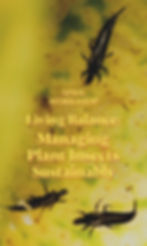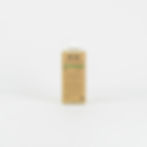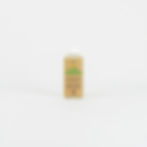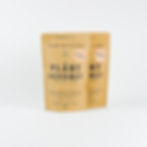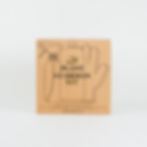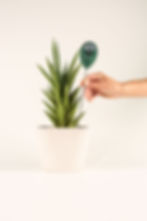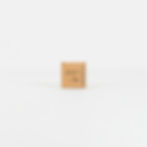
PLANT GUARDIAN
THE FUTURE OF PLANT CARE
100% CLEAN INGREDIENTS
PLANT-BASED, BIODEGRADABLE & NON-TOXIC TO THE SOIL, FUNGI, HUMANS, PETS, BIRDS, BEES AND OTHER POLLINATORS
PROTECT AND SUPPORT GROWTH
The Plant Guardian simplifies plant maintenance, helping you prevent and treat issues with precision by disrupting pests' growth, feeding, and reproduction cycles on contact, effectively reducing their populations while sparing beneficial insects without harming plants or surrounding ecosystems.
INTEGRATED INSECT MANAGEMENT
Years of testing led us to develop this unique concentrated mix as an effective tool to help treat current infestations and as prophylactic treatments. The Plant Guardian has dual function as a bio-insecticide and beauty treatment for indoor and outdoor plants.
SUSTAINABLE ALTERNATIVE
Chemical insecticides pose serious risks to the environment and human health. They can contaminate soil and water, harm beneficial insects, and disrupt ecosystems. Regular exposure to these substances are linked to acute toxicity and health issues and disorders.



SAY NO MORE TO SYNTHETIC CHEMICALS
WE HAVE BEEN DECEIVED. Our journey toward self-destruction began in the 19th century, but we don’t need to look that far back to see the damage. For decades, industries have masked the truth with clever marketing and greenwashing, making us believe in their illusions. No morE.
THE Plant Guardian is here to break the cycle BY restoring nature’s balance and protecting your plants the way nature intended.
ENVIRONMENTAL IMPACT
Synthetic pesticides and fungicides disrupt ecosystems, contaminating soil, water, and air. These chemicals degrade soil health by killing beneficial microorganisms, leading to nutrient depletion and long-term infertility. Runoff from treated plants pollutes rivers and groundwater, harming aquatic life and reducing the availability of clean drinking water. Airborne pesticide particles further contribute to environmental pollution, affecting both urban and rural communities.
BIODIVERSITY DESTRUCTION
Healthy soil is a living ecosystem teeming with beneficial bacteria, fungi, and other microorganisms that support plant growth. Synthetic pesticides and fertilizers disrupt this delicate balance, killing off essential microbes and reducing biodiversity. Over time, this weakens the soil’s natural ability to support plant life, making crops more dependent on artificial inputs and creating a vicious cycle of chemical dependency.
HUMAN HEALTH RISKS
Exposure to synthetic chemicals poses serious risks to human health. Direct contact through skin, inhalation, or ingestion can cause short-term effects such as headaches, nausea, and respiratory issues. Long-term exposure has been linked to hormonal imbalances, reproductive disorders, and an increased risk of cancer, including leukemia and brain tumors. Many of these chemicals act as endocrine disruptors, interfering with the body's natural hormonal processes and potentially leading to chronic health conditions.
PESTICIDE RESISTENCE
Repeated use of synthetic chemicals leads to pesticide resistance, where insects and plant diseases evolve to withstand treatments. This results in the emergence of "super pests" and "super fungi" that are harder to control, forcing farmers and gardeners to use even stronger chemicals. This cycle not only accelerates environmental damage but also threatens global food security by making pest outbreaks more difficult to manage. Each spray contributes to this time bomb.
ANIMAL AND INSECT HARM
The widespread use of synthetic pesticides has devastated populations of beneficial insects, particularly bees and butterflies, which play a crucial role in pollination. These chemicals also affect birds, amphibians, and small mammals that consume contaminated plants and prey. Even domestic pets and livestock can suffer from poisoning when exposed to pesticide-treated areas, leading to severe health complications or death.
PLASTICS & CO
In Europe, around 3.5% of all plastics are used in agriculture — roughly 5 million new containers each year for fertiliser and pesticide packaging. Yet only 66% are ever collected, and just 83% of that is actually recycled. The rest — about 3.2 million tonnes annually — ends up in landfills or incineration (55–65%), through illegal on-farm burning or burial (10–15%), leaking into the environment (2–5%), or stored and improperly reused (10–15%), leaving a significant environmental footprint across Europe.




